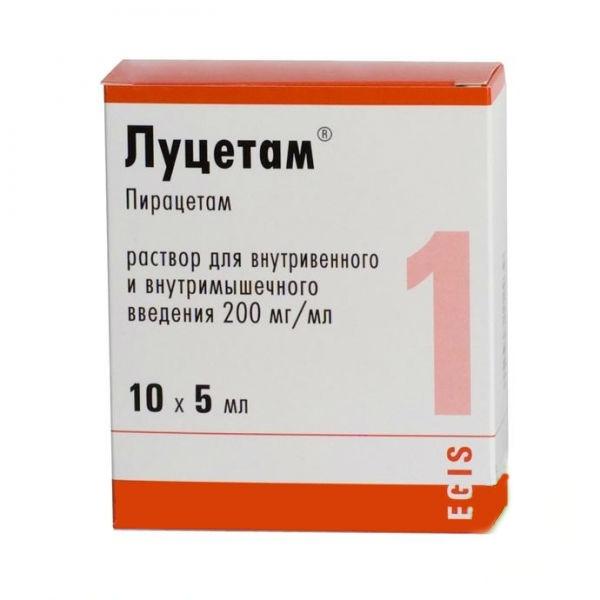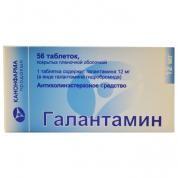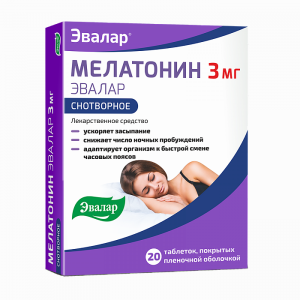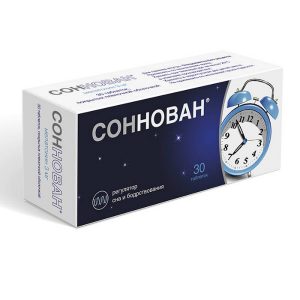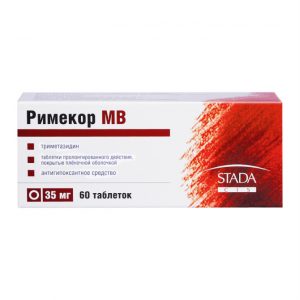Description
Release form
Solution for intravenous and intramuscular administration
Packing
10 ampoules of 5 ml.
Pharmacological action
Lucetam has a nootropic effect.
The active ingredient in Lucetam is piracetam, a cyclic derivative of gamma-aminobutyric acid (GABA), a nootropic agent. Directly affects the brain, improves cognitive (cognitive) processes, such as learning ability, memory, attention, memory ability, and also increases mental performance, without developing a sedative and psycho-stimulating effect. It affects the central nervous system in various ways: it changes the speed of propagation of excitation in the brain, improves neuronal plasticity and metabolic processes in nerve cells. It improves the interaction between the hemispheres of the brain and synaptic conduction in neocortical structures, increases mental performance, improves cerebral blood flow.
Lucetam improves microcirculation in the brain by acting on the rheological characteristics of the blood and does not cause a vasodilating effect.
Lucetam inhibits platelet aggregation and restores erythrocyte membrane elasticity, as well as the ability of the latter to pass through the microvasculature. Reduces red blood cell adhesion. At a dose of 9.6 g, it reduces the level of fibrinogen and Willibrand factor by 30% – 40% and lengthens the bleeding time.
Lucetam has a protective and restorative effect in case of impaired brain function due to hypoxia, intoxication or injury. Lucetam reduces the severity and duration of vestibular nystagmus.
Pharmacokinetics
The half-life of piracetam from plasma is 4-5 hours and 8.5 hours from cerebrospinal fluid. The elimination half-life lengthens at a renal failure. The pharmacokinetics of piracetam does not change in patients with liver failure.
Piracetam crosses the blood-brain and placental barrier and membranes used in hemodialysis. Piracetam selectively accumulates in the tissues of the cerebral cortex, mainly in the frontal, parietal and occipital lobes, in the cerebellum and basal nuclei. Piracetam does not bind to plasma proteins, is not metabolized in the body, and 80-100% of piracetam is excreted by the kidneys unchanged by renal filtration. The renal clearance of piracetam in healthy volunteers is 86 ml / min.
Indications
Symptomatic treatment of the psycho-organic syndrome, in particular in elderly patients suffering from memory loss, concentration of attention and general activity, dizziness, mood changes, behavioral disorders, impaired gait, as well as in patients with Alzheimer’s disease and senile dementia of the Alzheimer’s type.
Treatment of consequences of ischemic stroke, such as speech disorders, disorders of the emotional sphere, motor and mental activity.
Chronic alcoholism – for the treatment of psycho-organic and withdrawal syndromes.
During the recovery period after injuries and intoxications of the brain.
Treatment of dizziness and related imbalances, except dizziness of mental origin.
As a part of complex therapy of low learning ability in children, especially in case of difficulty in acquiring specific reading, writing, numeracy skills, which cannot be explained by mental retardation, inadequate training or a particular family environment.
For the treatment of cortical myoclonia as mono- or complex therapy.
Contraindications
Hemorrhagic stroke.
Terminal stage of renal failure (with creatinine clearance less than 20 ml / min).
Children’s age up to 1 year.
Pregnancy.
Lactation.
Hypersensitivity to piracetam or pyrrolidone derivatives, as well as other components of the drug.
Use during pregnancy and lactation
Animal studies have not revealed a damaging effect on the embryo and the development of offspring, including in the postnatal period, and during pregnancy and childbirth did not change. Studies in pregnant women have not been conducted. Piracetam crosses the placental barrier and into breast milk. The concentration of the drug in newborns reaches 70-90% of its concentration in the blood of the mother. Except in special circumstances, Lucetam should not be prescribed during pregnancy. You should refrain from breastfeeding when appointing a woman Lucetam.
Special instructions
Due to the effect of piracetam on platelet aggregation, caution should be given to patients with impaired hemostasis, during major surgeries, or patients with symptoms of severe bleeding.
In the treatment of cortical myoclonia, abrupt interruption of treatment should be avoided, which may cause a resumption of seizures.
Penetrates through the filtering membranes of hemodialysis machines.
With prolonged therapy, elderly patients are advised to regularly monitor renal function indices, if necessary, dose adjustment is carried out depending on the results of QC research.
Taking into account possible side effects, the patient should be careful when driving and working with machinery.
Composition of
1 ml of solution contains: active substance: piracetam 200 mg
excipients: sodium acetate trihydrate glacial acetic acid – up to pH 5.8 water for injection
Dosage and Administration
Intravenously. The daily dose is 30-160 mg / kg (3-12 g / day), the frequency of administration is 2-4 times a day. Parenteral administration of feastacetam is prescribed when it is impossible to use the oral form of the drug, for example, with difficulty swallowing, or when the patient is in a coma.
Lucetam solution is compatible with the following infusion solutions:
– Glucose 5, 10, 20%
– Fructose 5, 10, 20%
– Levulose 5%
– Sodium chloride 0.9%
– Dextran 40 10% to 0.9 %
sodium chloride solution – Dextran 100 6% in 0.9%
sodium chloride solution – Ringer’s solution
– Mannitol-Dextran
– Hydroxyethyl starch 6%.
Infusion solutions supplemented with piracetam are stable for at least 24 hours.
Adults. Symptomatic treatment of the psycho-organic syndrome: in the symptomatic treatment of chronic psycho-organic syndrome, depending on the severity of the symptoms, 2.4 4.8 g / day are prescribed, distributing into 2-3 administrations.
Treatment of dizziness and related equilibrium disorders: 2.4 4.8 g / day, divided into 2 3 administrations.
Cortical myoclonia: treatment starts at 7.2 g / day, every 3-4 days the dose is increased by 4.8 g / day until the maximum dose is reached – 24 g / day. Subsequently, they switch to the oral form of Lucetam. Treatment continues throughout the period of the disease. To prevent the deterioration of the condition of patients can not abruptly stop using the drug. It is necessary to gradually reduce the dose of the drug. In the absence of effect or the presence of a slight therapeutic effect, treatment is stopped.
Stopping (parenteral) sickle cell vaso-occlusive crisis: the drug is used at a dose of 300 mg / kg, divided into 4 doses.
Children and adolescents
As part of the complex treatment of dyslexia in children aged 8 years and older: the daily dose is 3.2 g, divided into 2 injections.
Relief of sickle cell vaso-occlusive crisis in children older than 3 years: 300 mg / kg, divided into 4 doses.
Dosing for patients with impaired renal function: since piracetam is excreted from the body by the kidneys, caution should be exercised in treating patients with renal failure in accordance with the dosage scheme given.
The dose calculation should be based on an assessment of patient creatinine clearance and a table of recommendations for the treatment of patients, depending on the severity of renal failure, see above.
Dosage for elderly patients. For elderly patients, the dose is corrected in the presence of renal failure and, with prolonged therapy, monitoring of renal function is necessary.
Dosing for patients with impaired liver function. Patients with impaired liver function do not need dose adjustment.
Side effects of
Disorders of the nervous system: hyperkinesis, irritability, drowsiness, depression, asthenia: these symptoms occur more often in elderly patients receiving doses above 2.4 g / day, in most cases it is possible to regress these symptoms by reducing the dose the drug. Headache, dizziness, insomnia, mental agitation, anxiety, imbalance, tremors, ataxia, exacerbation of the course of epilepsy, anxiety, hallucinations, confusion, increased libido.
Disorders from the blood and lymph: bleeding
Disorders from the immune system: hypersensitivity, including anaphylaxis
Disorders of the organ of hearing and the labyrinth: dizziness (vertigo)
Disorders of the cardiovascular system: decrease or increase in arterial pressure.
Disorders of the digestive system: nausea, vomiting, diarrhea, abdominal pain, epigastric pain.
Metabolism and nutritional disorders: weight gain.
Disorders from the skin: dermatitis, itching, urticaria.
Allergic reactions: angioedema.
General disorders and disorders at the injection site: pain at the injection site, thrombophlebitis, hyperthermia.
Storage Conditions
At 15 to 30 ° C.
Term hodnosty
5 years
Active ingredient Piracetam
Terms leave through pharmacies
In retseptu
lekarstvennaja form
Solution for and infusions
